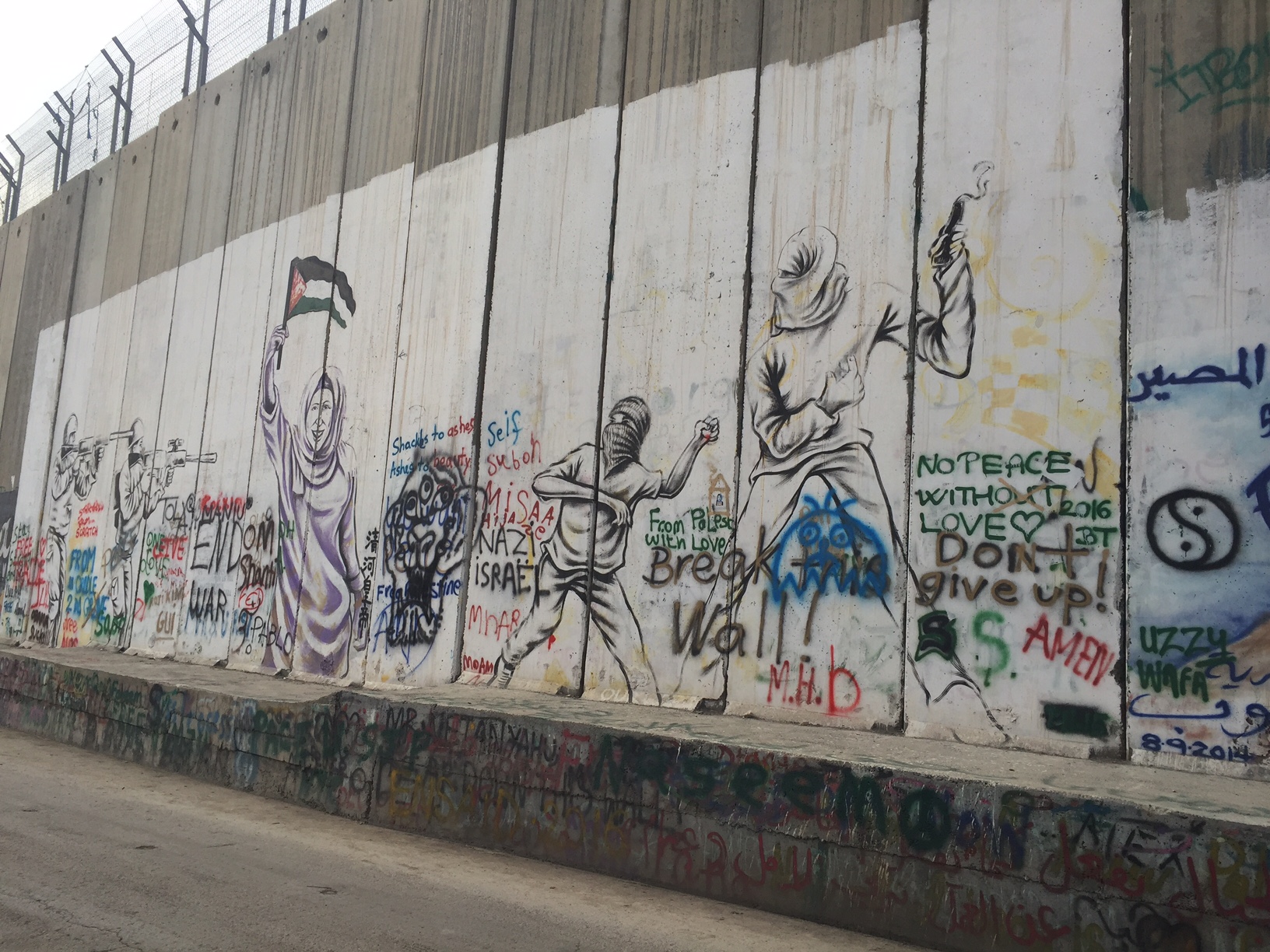
Despite the international aid poured in to support Palestinians, development is not achieved but even reversed. The writer discusses the effect of development work in the absence of political or systematic change.
The Palestinian-Israeli conflict was the longest of the 20th century and has continued into the 21st century. While development in Palestine is seen in different shapes and measures, there is a continuous debate around whether development under a military regime is truly possible at all.
The answer to this question is not easy to answer. Four million and eight hundred thousand Palestinians reside beyond the 1967 borders, about 3 million of them in the West Bank and 1.8 million in the Gaza Strip. However, the local government is not able to shape the economy according to local needs or to sufficiently confront the social challenges.
And the outcome is calamitous. Over the last year and despite the work of international development organizations, the poverty rate in the West Bank has reached 26%, while in Gaza it reached 40%. Furthermore, in 2015, the unemployment rate for youth aged 25-34 increased and has reached over 30%, and is projected to continue to increase with no answer in sight.
When looking at a long term perspective, the picture becomes even darker. A recent paper by the U.N has declared that Gaza will become unlivable by 2020 (in only 3 years) if the current trends persist. According to this report, published by UNCTAD, “conflict has accelerated de-development, a process by which development is not merely hindered but reversed.”
These statistics unmask the challenges Palestinian development faces. While there are different factors which contribute to poverty or unemployment rates, which can be confronted by development practice, the roots of these phenomena can be traced back to the conflict and especially to Israeli policies against Palestinians.
For example, the daily presence of the Israeli military in Palestinian areas limits the movement of labor or goods, crucial for sustainable trade. Moreover, the expansion of Israeli settlements on account of local farm land reduces the ability of farmers to execute their sources of income. Furthermore, the inability of Palestinians to control above 60% of rural areas in the West Bank (defined as area C), limits the ability to develop industrial areas (the World Bank reports that local economy could earn USD 918 million a year in developing only the Dead Sea Area), infrastructure or even desalination or sewage treatment plants, necessary for basic livable conditions. And lastly, the blockade on Gaza for almost a decade now, plays a major role in the deterioration of the local economy.
These circumstances have created many needs in our daily lives which require immediate interventions through development. Many local and international NGOs execute various projects and missions in Palestine, many of which focus on economic and educational development. As a development practitioner, I participated in different projects aimed at reducing unemployment rates, reducing poverty, and increasing awareness about vocational education. These projects proved to be effective in the short term and on the personal level, by building the capacity of individuals, but were unable to produce long-term impact in solving root reasons.
I can portray this through my own personal experience. A few years ago, I noticed that the Glocal Program offers scholarships for Palestinians to study community development at the Hebrew University in Jerusalem. As I wished to strengthen my social involvement in my society and to raise my academic and professional level, I decided to apply for this special program.
However, studying in the program was a lot more challenging than I thought. As I am a Palestinian resident of the West Bank, my studies involved not only filling out the required paperwork, but rather daily challenges, dealing with my status as an unwelcome Palestinian.
Although education is essential for overcoming social challenges, I still faced daily restrictions on my movement. As matter of fact, I had to receive a special permit which was issued by the Israeli Civil Administration to attend the studies and even after obtaining it after a rigorous process, it was limited by the following restrictions; a) I was only allowed to enter Jerusalem and no other cities in the country. b) I could only be present in Jerusalem between 7 AM and 10 PM and c) I only had access on the class days of Sundays, Mondays and Wednesdays.
As a result, I lived in stress, fear, and frustration during the two semesters of my studies. During that time, I needed to commute for hours, including standing in long lines at the military checkpoints before and after every school day. Unfortunately I also missed several classes and conferences because of these restrictions and was absent from important activities that were outside of my permitted times. I was also absent from extracurricular activities and could not participate in group projects, study in the library or even enjoy the social gatherings outside of school hours.
Although my experience at the program was rich and helped me develop my professional and academic skills, it also shows the limit of organizations to effect the reality without engaging with the conflict. This program, such as other development organizations, wished, and still wishes, to support the Palestinians directly, but its operations and the impact, were limited and even shaped by the reality, and in my case, the Israeli control of Palestinians.
Therefore, development practice for supporting Palestinians under the Israeli military regime often seems like providing pain relief rather than curing the infection. Significant funds are poured into the region but they manage to affect many people personally rather than creating tangible, systematic, changes on the ground. We have a high percentage of motivated, educated and skilled individuals who are working hard to better themselves and the place they live in, but nevertheless true development requires a fertile environment to succeed, an environment which is unfortunately lacking on Palestine.
Ahmed Yasin


